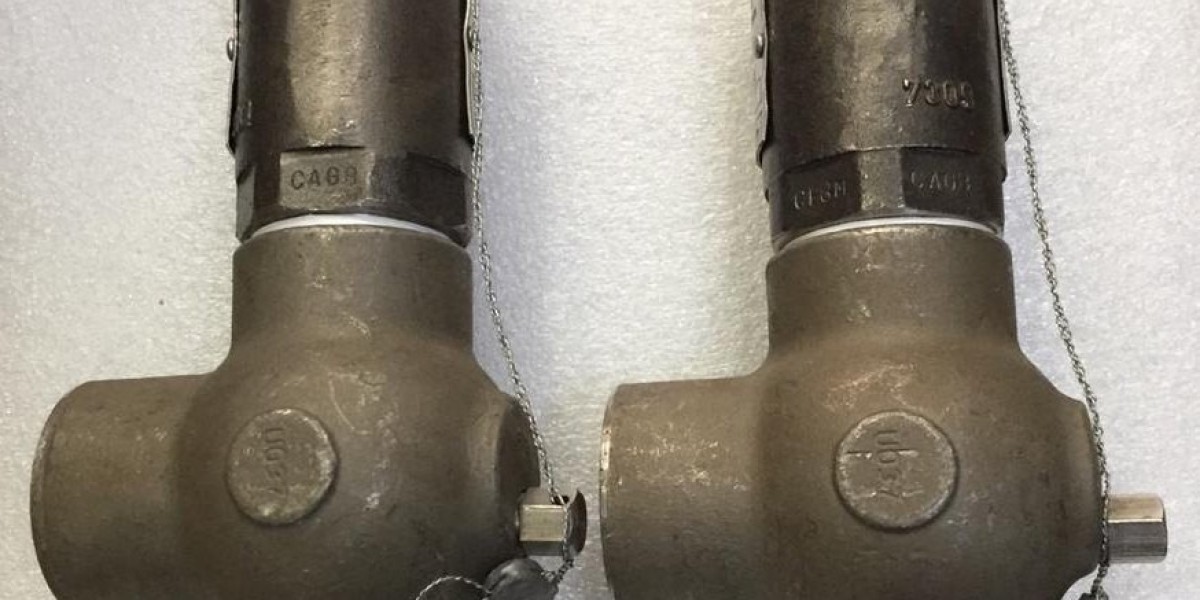In today’s fast-paced business environment, risk management has become a critical aspect of decision-making. One of the most crucial components in mitigating business risks is the execution of proper due diligence. Whether you’re considering a merger, acquisition, investment, or partnership, due diligence services offer a structured approach to ensure all aspects of the potential opportunity are thoroughly evaluated. This article explores what due diligence services are, their importance, and the key elements involved in the process.
What are Due Diligence Services?
Due diligence services involve a detailed investigation and assessment of a business or individual before entering into a formal agreement or transaction. The goal is to provide assurance that the entity in question is financially stable, operationally efficient, and legally compliant. This process helps uncover any potential risks, liabilities, or discrepancies that may not be immediately visible.
These services are often used in mergers and acquisitions (M&A), where businesses are acquired or merged into a larger entity. However, due diligence can also be used for investment opportunities, joint ventures, real estate transactions, and in some cases, hiring high-level executives.
The Importance of Due Diligence Services
Risk Mitigation: The primary purpose of due diligence is to minimize risks associated with any transaction. By conducting thorough assessments, businesses can identify red flags such as hidden debts, ongoing lawsuits, or operational inefficiencies. This allows decision-makers to take informed steps, either by renegotiating terms or avoiding the deal altogether.
Informed Decision Making: Due diligence services provide a detailed overview of the financial, legal, and operational aspects of the target business. This enables investors, acquirers, or partners to make decisions based on facts and data rather than assumptions.
Regulatory Compliance: Businesses often face strict regulations that vary by industry and geography. A comprehensive due diligence process ensures that the company or individual being evaluated complies with relevant laws, minimizing the risk of regulatory penalties in the future.
Financial Transparency: In mergers and acquisitions, financial due diligence is a key factor. It involves a review of the company’s financial statements, tax records, liabilities, and revenue projections. This offers a clear picture of the company’s actual financial health and its future prospects.
Operational Insights: Due diligence services do more than just crunch numbers. They also analyze the target company's operations, management structure, human resources, supply chain, and overall efficiency. This helps the acquiring party understand whether the Excise Duty Services company’s operations align with their strategic goals.
Key Components of Due Diligence Services
Financial Due Diligence: This involves a deep dive into financial records, cash flow statements, debts, and asset valuations. Financial due diligence ensures that the financial position of the company is accurately represented.
Legal Due Diligence: Legal investigations assess ongoing lawsuits, contracts, intellectual property rights, and regulatory compliance. This step helps ensure the company is not facing legal liabilities that could hinder the transaction.
Operational Due Diligence: This involves evaluating the company's day-to-day operations, including its management team, workforce, and internal processes. Operational due diligence ensures that the business is functioning efficiently and can continue to do so after the transaction.
Market Due Diligence: This focuses on understanding the company's market position, competitive landscape, and growth prospects. It helps the acquiring entity gauge whether the market is favorable for continued growth.
Environmental Due Diligence: In some industries, particularly manufacturing or energy, environmental due diligence is necessary to identify any potential liabilities related to environmental regulations.
To get more information, visit our website.








